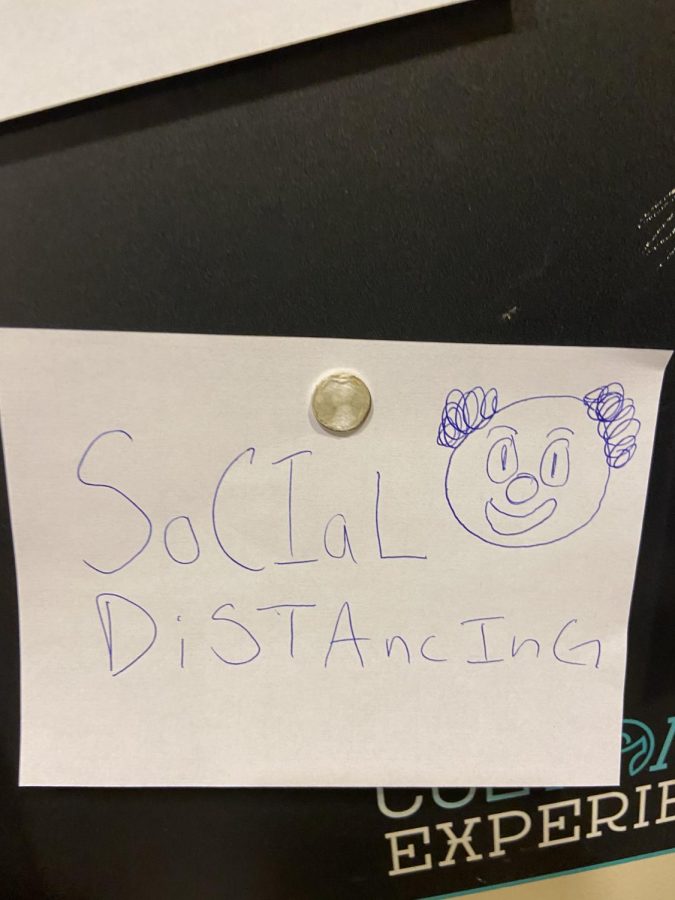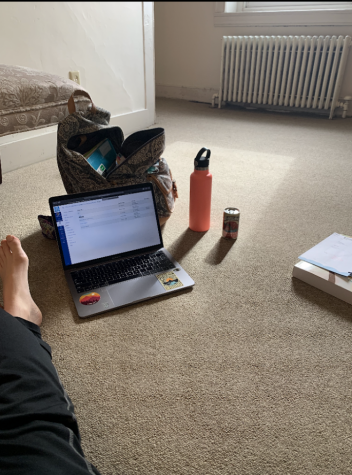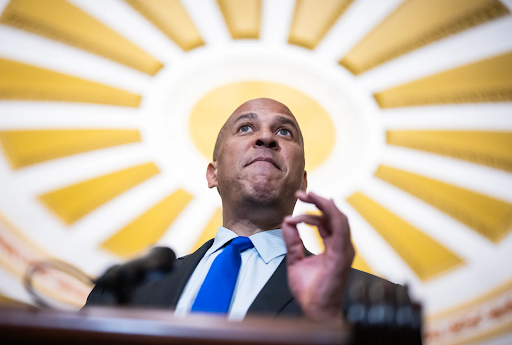Freedom or Safety: the Question of Quarantine
The media have been flooded with jokes about coronavirus, including flirtatious requests to quarantine together.
It seems like an ideal situation: spending a length of time with a friend or significant other instead of being stuck on a college campus or at work. Many college students view this time as an extension to their spring break. With everyone being home from school and work, it is the perfect opportunity to see old high school friends, right?
There is a fair amount of debate regarding whether or not we can socialize in person.
Many people will give an outright no, perhaps because it is the simplest answer. And, as fear runs rampant, it seems to be the safest response.
The answer of many other experts, however, is more complicated.
In some locations, socialization is outright banned, but fortunately we have not reached this point — yet. Places with dense populations are hotspots for COVID-19, so these locations tend to be more restricting of social gatherings and interactions.
As the situation progresses, answers to our questions and concerns tend to change. Today, this may be an accurate depiction of experts’ suggestions, but tomorrow they may have entirely different responses.
Yes, But:
One side of the argument says that each scenario is different, but still proceed with caution. If you or your friend have any preexisting health issues or family members that do, the answer is no. If all parties are young and healthy, there is a lower risk of infection; but tread lightly, as there is still danger.
Coronavirus symptoms take an average of five days to appear after first contracted, but it can still be spread during this time. Even if someone feels fine and shows no symptoms, they can still pass the virus on to others.
When you are hanging out with friends, especially more than one, it is best to spend this time outside. Go for a hike, ride bikes, climb a tree, whatever.
If you must be indoors though, it is recommended that you find a large space and meet with only a small number of people. Avoid any populated locations such as party venues, theaters, and malls. COVID-19 can be easily spread between people in close proximity (within a 6-foot radius) to one another.
New York geriatrician at Mount Sinai Health System, Sean Morrison, says that part of the answer depends on where you live. In widespread transmission areas, he advises against any visitors.
Morrison says, “if you’re in areas where there is less community spread, then limiting visitors rather than eliminating them, in my opinion, is probably a reasonable approach.” He recommends keeping it to one friend at a time.
No:
Again, a person can spread COVID-19 without having any symptoms. Even if you only see one friend, you are putting yourself, your friend, and anyone either of you come into contact with at risk. If either you or your friend have compromised immune systems or other health conditions, it would be best for each of you to stay home. Additionally, if either of you has family with such conditions and/or elderly family members, social-distancing is recommended.
The new CDC guidance advises people to avoid all social visits for the time being.
The reason schools, workplaces, and other facilities have closed is to limit the chances of spreading the virus. As these go virtual, we can also bring our socializing online.
Instead of getting together with friends, have a group video call (we have a whole article of things to keep you busy in quarantine here).
We often think with any sort of tragedy that it couldn’t happen to us. Though ignorant and naive, this denial is understandable and natural.
However, this is a pandemic and it can affect anyone. It is commonly perceived that people of fame or power cannot be inflicted by these tragedies, but celebrity Tom Hanks and his wife were infected with COVID-19. It just goes to show that everyone is at risk.
Is It Worth It?
We are scared, and we each have a different method of coping with this fear.
Some of us go into a panic mode and others try to live how we always have. We want our lives to go back to normal, and seeing friends was part of our normal. Spending time with friends makes us happy and in this time of unknown, we are desperate for things to be okay again. With the horror of the news reports and stories in the media, we are desperate for the happiness that friends bring us. We are starved for laughter.
In deciding between freedom or safety, ask yourself: is freedom worth the risk?












